Two weeks after setting off a firestorm with sweeping changes to its Medallion Status program and Sky Club lounge access policies, it's clear: Delta stepped in it. And it's not just me or thousands (if not millions) of loyal Delta flyers saying that – the airline's own CEO is now, too.
“No question we probably went too far in doing that. Our team wanted to rip the bandaid off. We moved too fast,” Ed Bastian said in Atlanta earlier this week. “We will be making modifications and changes because it really matters to us.”
Get more travel news, analysis and deals – sign up for our free daily newsletter!
How far did Delta go? Well, they pivoted to a spending-only model for earning status … and raised the annual spending required to make Medallion status by as much as 100%, eliminating an easy way for travelers to fast track their way to status with Delta credit cards in the process. At the same time, the airline announced it would cap Delta lounge access for several premium travel credit cards and gut access altogether for others.
Airlines regularly tweak their frequent flyer programs, but Delta went leagues further than any of its competitors. And many Delta flyers heard a clear message in those moves: If you're not willing to spend tens or even hundreds of thousands of dollars a year with Delta, your loyalty doesn't matter anymore. No changes have taken effect yet, but it torched years of goodwill and left once-diehard Delta flyers questioning both their loyalty to the airline and whether those American Express credit cards are worth keeping anymore.
So let's go back and take a look at what Delta was trying to do – and why it went so wrong.
Go deeper: What the Delta Medallion Status Changes Mean for Flyers, SkyMiles Cardholders
Why Delta Did It
A ‘Simpler' Path to Status
The Atlanta-based airline's spin machine was firing at 100% from the very start.
“Delta is simplifying its SkyMiles Program while also offering new and enhanced ways for customers to earn toward status,” is how the airline's news release kicked off.
And look, that is true. For years, earning Delta status has been a two-part equation: You needed to rack up enough miles with the airline each year – a metric called Medallion Qualifying Miles (MQMs) – and spend enough with the airline, as measured by Medallion Qualifying Dollars (MQDs).
As Delta proposed it, the almighty Medallion Qualifying Dollar would be all that matters: Spending with the airline (or on top Delta Amex credit cards) is all you need to worry about. In doing so, Delta could rid itself of the confusion between redeemable Delta SkyMiles and the Medallion Qualifying Miles that only count toward status.

Is tracking one metric easier than two? Sure, it absolutely is. And Delta is hardly the first airline to pivot to a spending-only model for earning elite status – American Airlines beat them to the punch by more than a year.
Read more: After Proposed Changes, How Does Delta Status Compare to Competitors?
But that “simplification” is a cover for Delta's deeper motivations for overhauling its status program.
Pump Up Amex Card Spending
Officially, the company is called Delta Air Lines. Unofficially, it should be called Delta Air Lines, brought to you by American Express.
That's how critical Delta's credit card partner is to the airline, and it's not alone. To boost revenues in the notoriously tough airline business, major U.S. carriers have transformed into credit card vendors that own planes. Relationships with credit card companies have become their economic engines, and Delta has arguably taken it further than the rest.
Get this: Delta raked in $5.5 billion from American Express last year – a year in which it turned less than a $900 million profit overall. The airline has proudly and repeatedly touted a jaw-dropping statistic: 1% of the U.S. gross domestic product (GDP) moves through Delta's Amex cards.
Delta executives have previously said they're on track to make $6.5 billion from American Express in 2023, with the aim of getting to $10 billion in credit card revenue alone before the end of the decade.
That goal is at the heart of this Medallion program overhaul: It's designed to force travelers to spend far more with both the airline and their co-branded Delta Amex cards in order to maintain the benefits of their current status. Here's how:
- The airline would eliminate its MQD waiver, which allowed cardholders to bypass the previous annual spending requirements with Delta to earn Silver, Gold, or Platinum status by spending $25,000 (or $250,000 for top Delta Diamond status) on select Delta co-branded credit cards
- In its place, select credit cardholders would earn Medallion Qualifying Dollars on their everyday spending on select Delta cards … but you'd only earn 1 MQD for every $10 you spend on a *delta reserve card* and just 1 MQD for every $20 spent on a *delta skymiles platinum card*
- At the same time, Delta would drastically increase the spending requirements to earn each rung of Medallion status, from a 100% hike at the lowest Silver tier to a 75% hike for top-tier Diamonds
| Medallion Tiers | 2023 MQD Thresholds | 2024 MQD Thresholds |
|---|---|---|
| Silver | 3,000 MQDs | 5,000 MQDs |
| Gold | 8,000 MQDs | 10,000 MQDs |
| Platinum | 12,000 MQDs | 15,000 MQDs |
| Diamond | 20,000 MQDs | 28,000 MQDs |
Just as before, you could climb the rungs of Medallion status through a combination of buying Delta tickets and spending on a co-branded credit card. Delta even threw in the ability to earn toward elite status on Delta Vacations packages as well as hotels and car rentals booked through Delta.
The increased annual spending requirements to earn Delta status make having a top Delta credit card all but essential to earn status. And the elimination of the MQD waiver results in a far poorer return when swiping those cards, forcing Delta fans to shift more and more of their credit card spending to that Platinum or Reserve Delta card to earn or keep that status.
For example, a traveler who previously earned Delta Gold Medallion status in part by spending $25,000 a year on a Delta SkyMiles Platinum Card would now have to spend as much as $240,000 on that same card starting next year. Even with a top-dollar Delta Reserve Card, that's as much as $120,000 in spending on a single credit card.
Delta's proposed lounge access policy changes are cut from the same cloth. Want the same unlimited entry you currently get from *amex platinum card* or even the airline's flagship *delta reserve card*? Starting in early 2025, you'd have to spend at least $75,000 a year for what you currently get just by paying each card's hefty annual fee.
Yet again, it's designed to tempt travelers into swiping those cards more often – and for bigger charges. Each time you do, you get one step closer to status and unlimited Sky Club access … and Delta gets more from American Express.
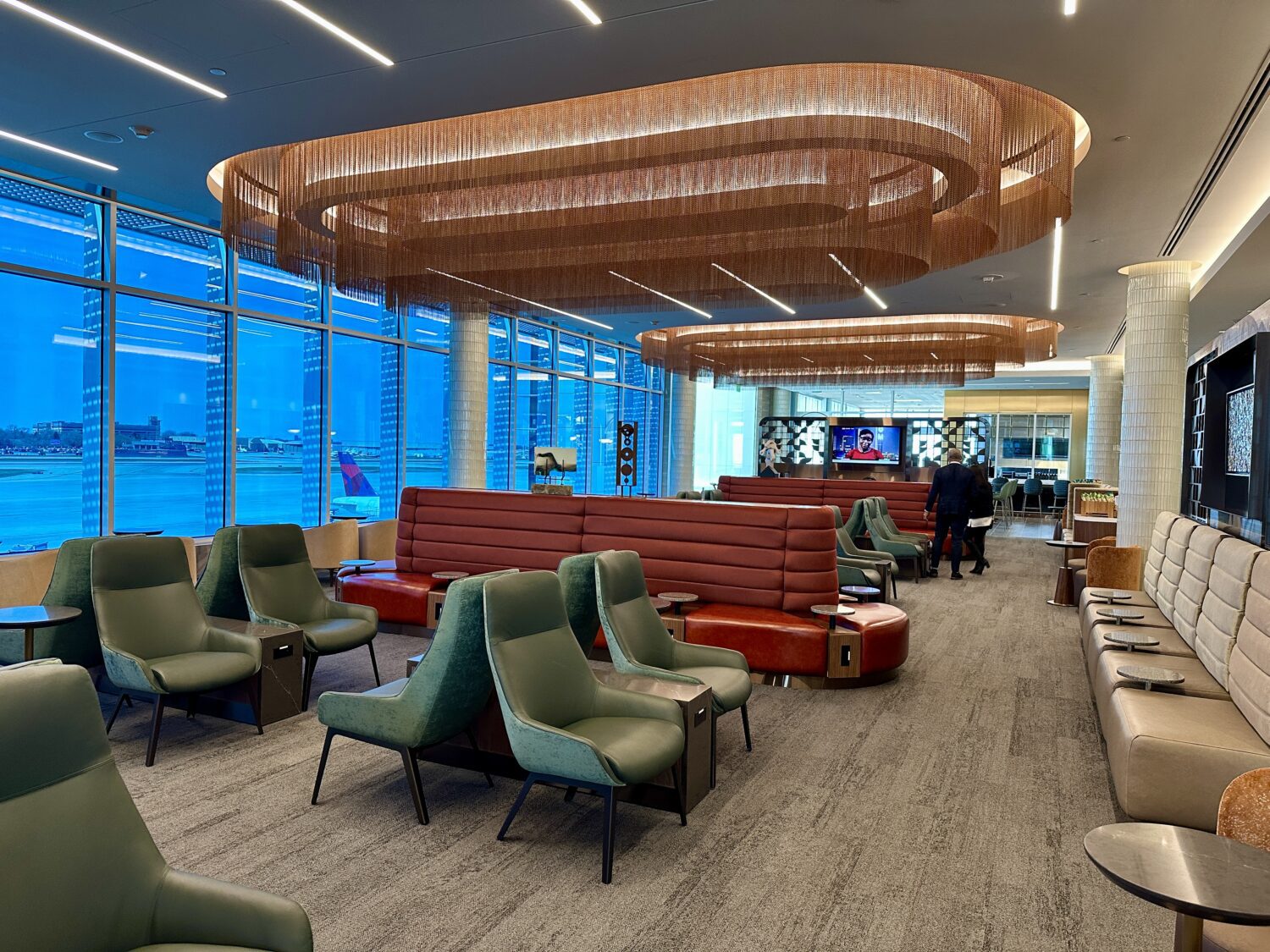
Obviously, those huge spending requirements won't fly with everyone – and Delta knew that. But they were making a bet: They'd lose some of you but make more in the long run from the ultra-heavy spenders.
Clear Out Lounges & Thin Medallion Ranks
Some kind of overhaul was inevitable for two simple reasons: Delta Sky Clubs were overflowing and so was the roster of flyers with Delta Medallion status. Delta tried to tackle both at the same time – as Delta's CEO himself said, to “rip the bandaid off.”
Both were problems of Delta's own making. Like other carriers, Delta repeatedly extended status throughout the pandemic while also making it easier for more travelers to climb the ranks with promotions as well as a permanent change allowing award travel booked using SkyMiles to count toward elite status. But no airline has gone further in opening its lounges to travelers with credit cards. Not just those with a top Delta card either – even a non-airline card like *amex platinum card* gets unfettered access.
Delta and Amex sold those premium cards to record numbers of travelers over the last two years.
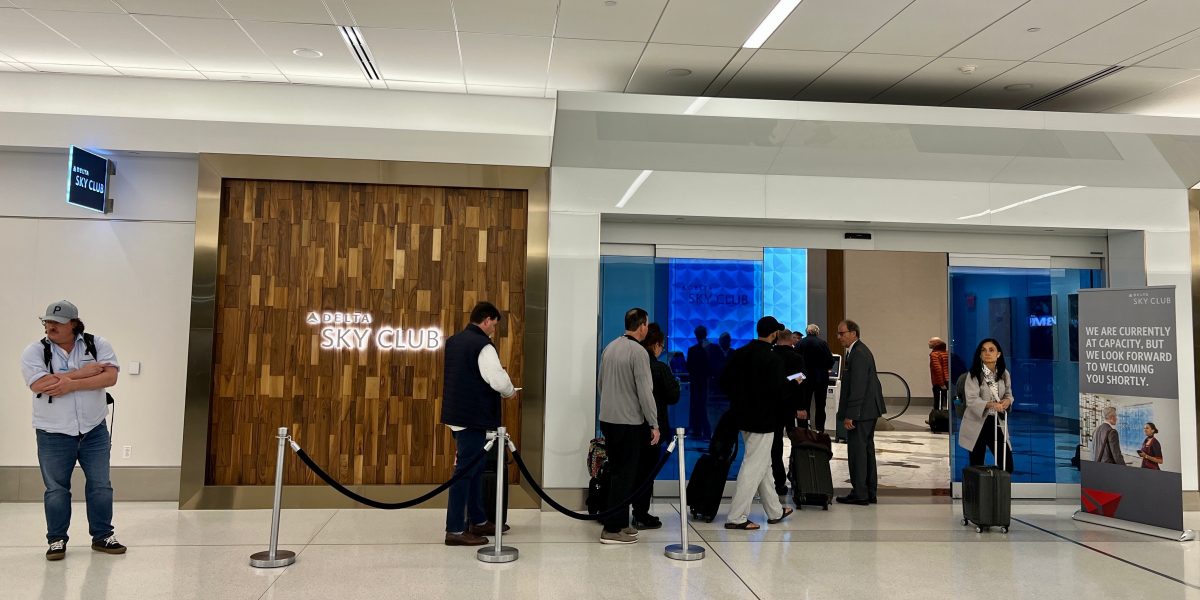
Read more: Why Are Delta Sky Clubs So Crowded These Days?
Still, the airline had to do something. Top-paying customers were seeing lines outside Sky Clubs and not even getting a whiff of a complimentary upgrade on flights. Bastian claimed this week that there are nearly twice as many top-tier Diamond Medallion status holders compared to before the pandemic.
But there's a bigger problem. It's not just that there are so many top-tier Diamond flyers competing for first class seats. It's that Delta is selling more of those premium seats than ever.
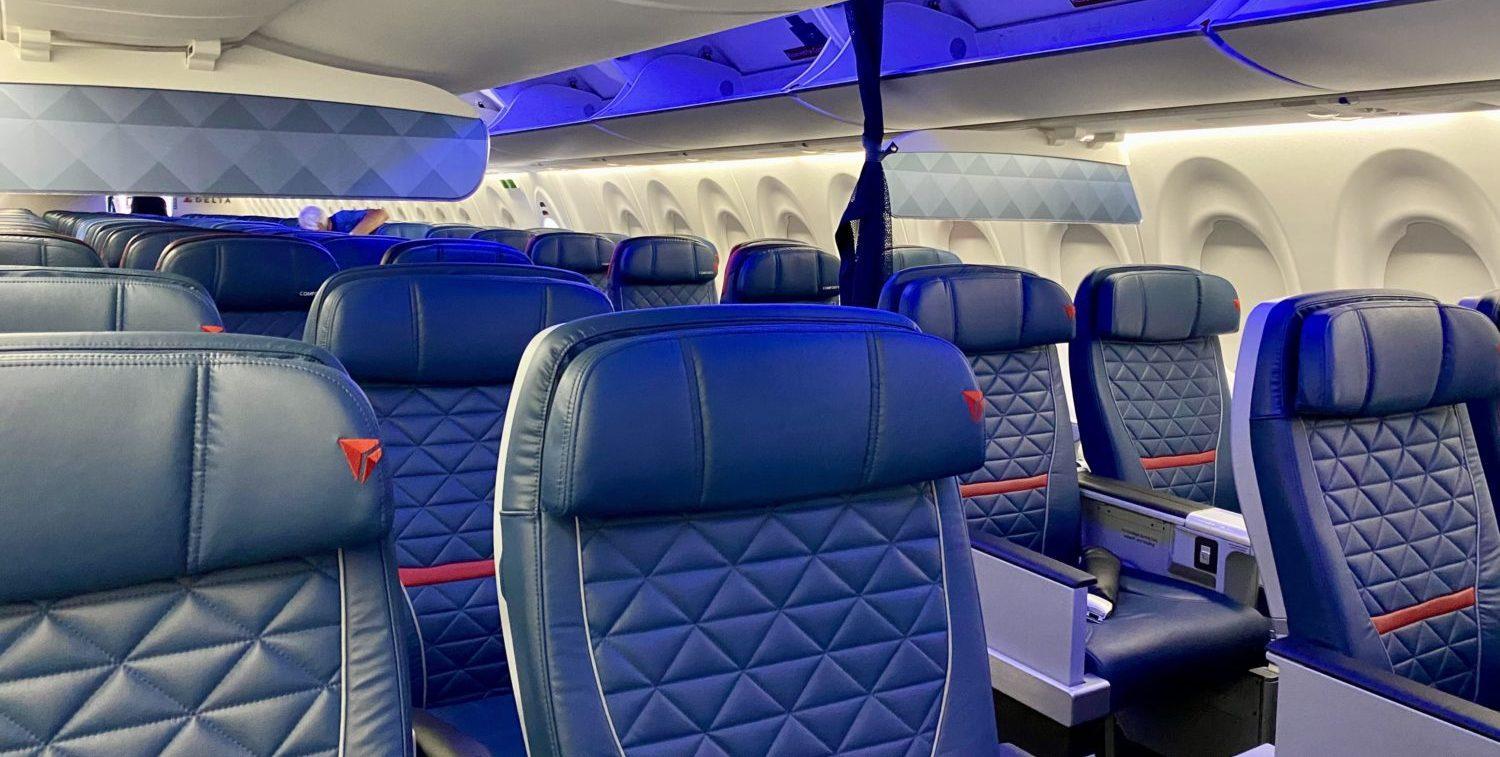
Years ago, more than 85% of the airline's first class seats were staying empty, open for status holders to get a free upgrade. But Delta has gotten so proficient at convincing travelers to buy (or pay to upgrade to) those first class seats, the airline's president Glen Hauenstein recently said they're now selling 74% of domestic first class seats, according to the Airline Observer. That means just a quarter of seats are available for upgrades.
Regardless of the reason, Delta felt it was time to thin the herd to ensure more travelers were seeing the benefits they were striving for. The airline has leaned heavily on a phrase to justify the culling: “If everyone has elite status, no one does.”
A Bet That Business Travel is Coming Back
We everyday travelers have been living in a golden era. Delta's moves may be a sign it's coming to a close.
Travel demand has grown steadily since it disappeared at the start of the pandemic … but it hasn't grown evenly. The travelers heading out for vacation or to see friends and family are back (and then some), but business travel – the airline industry's lifeblood before COVID-19 – is still down. In some cases, it's way down.
That means airlines like Delta have paid much closer attention to us leisure travelers than they would have a few years ago – especially those willing to pay a premium for a Delta Comfort Plus seat or even a Delta One suite. Aside from some surges driven by inflation and higher fuel prices, that has kept airfare lower.
And it also has encouraged airlines to fly to some cool new places – not just London or Frankfurt for business meetings. In the last few years, Delta itself has added or announced new nonstop flights to destinations like Tahiti (PPT), Auckland (AKL), and Naples (NAP) in Italy.

But as the travel rebound continues, the overhauled Medallion program shows Delta is turning at least one eye back toward corporate travelers who can more easily meet those higher spending thresholds. They're not the ones footing the bill for that last-minute flight to New York or a business class fare to London – their employers are.
Shortly after unveiling the new Medallion requirements, Hauenstein told investors that the airline has seen business travel demand growing slowly but steadily since Labor Day.
Most Delta Flyers Don't Have a Choice
If you're a cynic like me, this is what it comes down to.
Swear you're going to switch your loyalty to another airline in protest of what Delta's doing? Good luck with that. Delta knows the majority of its best customers simply don't have a realistic alternative in the heavily consolidated U.S. airline industry, where carriers have carved out near monopolies at their biggest and most important hubs.
Delta controls close to 70% or more of the market at its hubs in Atlanta (ATL), Detroit (DTW), Minneapolis-St. Paul (MSP), and Salt Lake City (SLC). In New York City (JFK) and Boston (BOS), your most realistic alternative is JetBlue: an airline with a great brand … and a poor track record for running flights on time.

So unless you're OK with making a connection nearly everywhere you go aside from the occasional United nonstop flight to Denver (DEN) or American Airlines hop to Dallas-Fort Worth (DFW), you're stuck.
Airlines like JetBlue and Alaska might bet they can to win your business with status matches. But for many flyers, Delta is the only game in town.
Why it Backfired
Money (& Credit Cards) Talk
If there's one primary reason why Delta initially decided to plow ahead with these changes, it's American Express. And if there's one primary reason why the airline decides to scale some of them back, it'll be American Express.
It really is that simple. When your credit card partner makes you $6 billion or more a year – dwarfing the money you make from actually, you know, running an airline – it's a factor in everything you do.
The ramifications of Delta's changes on that relationship and the company's bottom line are massive, far bigger than angry comments or open letters on social media. Enough travelers canceling their Amex cards in protest would be a wake-up call. And it's not just those annual fees, but the money they make from each and every time you swipe that card at the store. Keeping it in the drawer or canceling it is a problem for Delta.
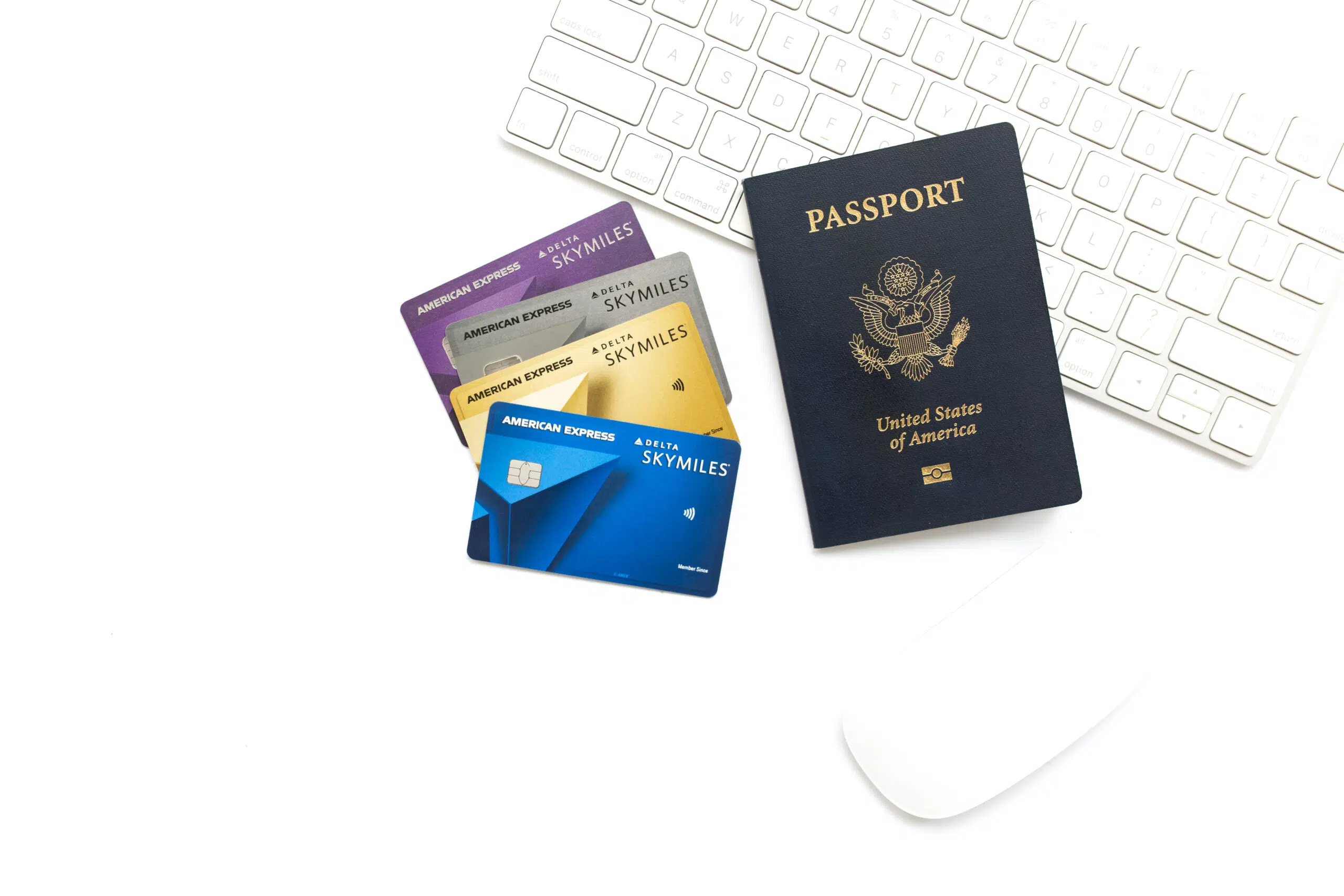
To be clear, Delta didn't go rogue with these proposed changes. From how many credits you get toward status to how many free Sky Club visits you get each year, the airline and American Express had to agree on them together.
But in the end, the two companies might have simply misjudged how many travelers would walk away. And there's one big reason why.
You Can't Measure Loyalty on a Spreadsheet
Countless Delta flyers have spent thousands on Delta tickets and hundreds more on credit card annual fees, believing Delta appreciates those return visits and that loyalty. Heck, Delta's entire brand is built around that relationship.
In one news release, Delta told many of them that's no longer the case.
The airline touched a nerve, setting off a nationwide conversation about the inner workings of a frequent flyer program and a two-week barrage of questions like “Should I cancel my Delta Amex card?” or “What airline should I fly instead?” I've never seen anything like it.
And it's because people didn't just feel inconvenienced: They felt betrayed … on an emotional level. Delta knew it'd get some blowback, but somehow, the airline failed to see that emotional response coming.
Delta executives did the math, they said, finding that the majority of *delta reserve card* cardholders visit Sky Clubs 10 times or less a year. The new limits should be just fine, they reasoned. But that's not how the average consumer reacts – much as we tell travelers to do the math, they often don't. Airlines should know that: They're brutally adept at getting their customers to do irrational things like go on last-minute mileage runs or pay $1,500-plus out of pocket for a year-end status offer.
An airline's brand is more than just benefits on a credit card, on-time statistics in a federal report, or a nicer seat with more legroom. It's built through the conversations flyers have on the plane, in airports, and at home. The “No trust me, it's worth another $50 to fly Delta” we've all heard or the “Just take one more flight this year, it's worth it to get status.”
Delta flyers, in particular, wear their Medallion Status or wave around their co-branded Amex cards like a badge of honor. The airline has spent the last decade turning that into arguably its greatest asset.
But instead of celebrating that shared appreciation, Delta gave them something to commiserate and unite against.
Credit Card Changes Went Too Far
If you're going to make travelers do the math, you need to make the numbers palatable. To many travelers, the new spending requirements to earn Delta status looked stratospheric.
You have to spend $6,000 a year with the airline just to earn the lowest Silver Medallion status? Or as much as $120,000 on your *delta skymiles platinum card* for that same status? Or $350,000 a year on a top Delta Reserve Card to make it to top Diamond status? That simply doesn't make sense for even the most loyal Delta customer.
The end of MQD waivers – a great way to bypass the airline's current spending requirements – stung a lot of travelers. Maybe spending $25,000 on a Delta credit card each year was too low, but that's still a lot of money: It's a lot of daycare or tuition payments that consumers intentionally put on a Delta card just to get that waiver.
But now, you're looking at spending at least $60,000 on a Delta Reserve Card … just for the relatively meager benefits of Silver Medallion Status. That's an overcorrection, and reason enough for many cardholders to say: “Forget about it.”
A Poor Choice of Words
We've heard from countless travelers who have never – and will never – earn Medallion Status who are nonetheless concerned, even angry. And there's one obvious reason why. Look at the headlines.
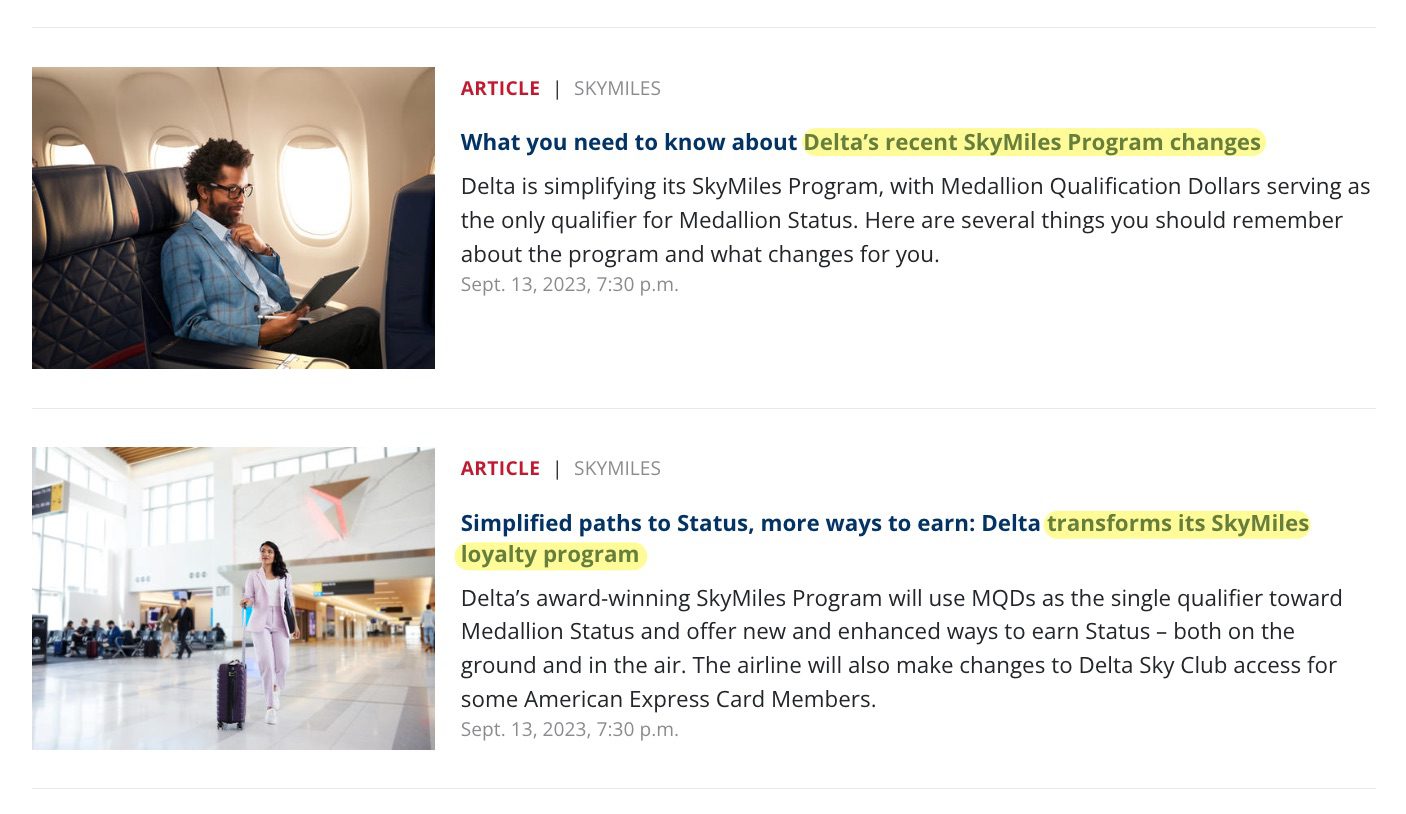
Now, that's technically correct. Earning Delta status is part of the broader Delta SkyMiles program. But by failing to make that differentiation, it struck many Delta customers as an even bigger blow: The airline wasn't just coming after travelers with status – they were coming after those miles, too. And right or wrong, travelers love their SkyMiles.
That's not the case: For all their pitfalls, the way you earn and redeem Delta SkyMiles remains unchanged. Business class tickets abroad are still exorbitantly expensive, but great Delta SkyMiles flash sales – like under 10,000 miles roundtrip to Mexico or 34,000 SkyMiles to London and back – are still out there.
But you wouldn't know it from reading those headlines. So many travelers assumed the worst, believing they, too, would be a victim from Delta's latest changes. Suddenly, flyers who were loyal to Delta almost by default for those three or four flights a year were angry, too, wondering whether they should give up their *delta skymiles gold card*, free luggage, be damned.
That misstep made the blowback even bigger, ballooning to include travelers who didn't truly have a stake in it.
Bottom Line
We don't know what Delta will do next. But it's clear how we got here.
Delta tried to kill several birds with one stone, juicing its lucrative relationship with American Express while thinning out both Sky Club entry lines and upgrade queues. But it's clear now that Delta overcorrected – and, perhaps most importantly, took for granted that the emotional bond it's painstakingly built with loyal flyers could quickly turn against it.
The airline felt it, and CEO Ed Bastian has said modifications are coming “over the next few weeks.” Don't expect a full-on reversal, but the spotlight is now shining on Delta brighter than ever.
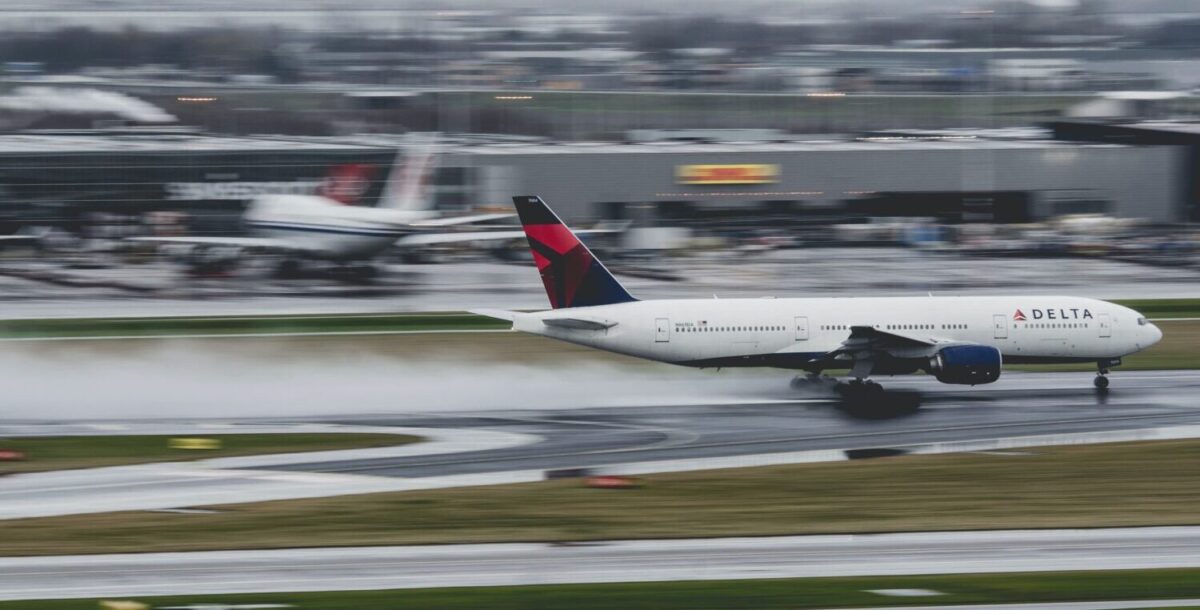

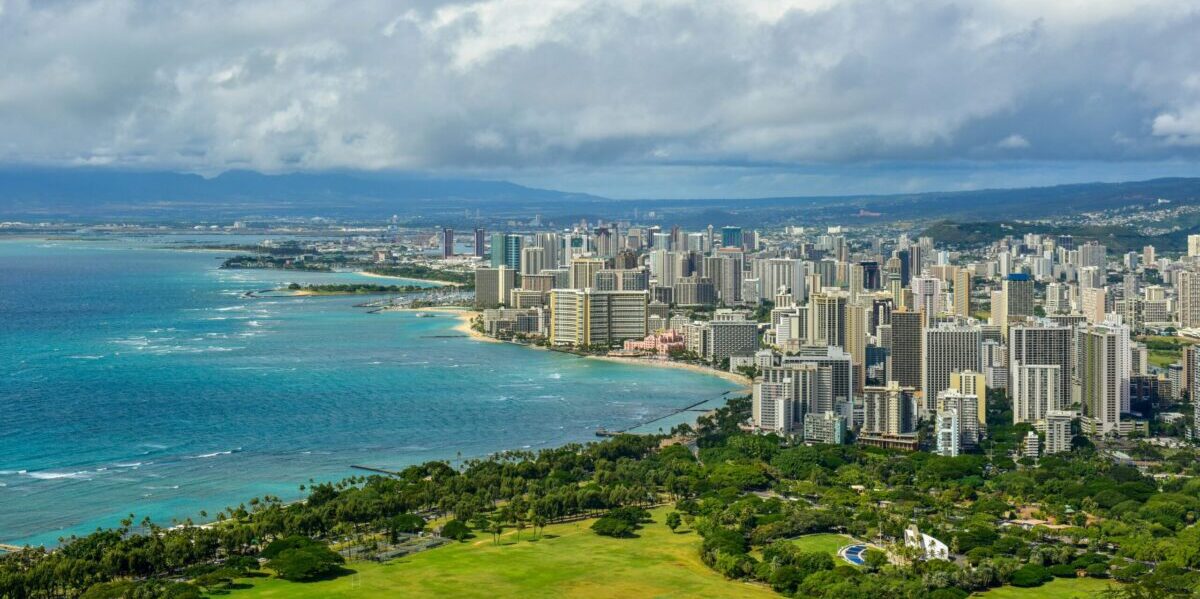
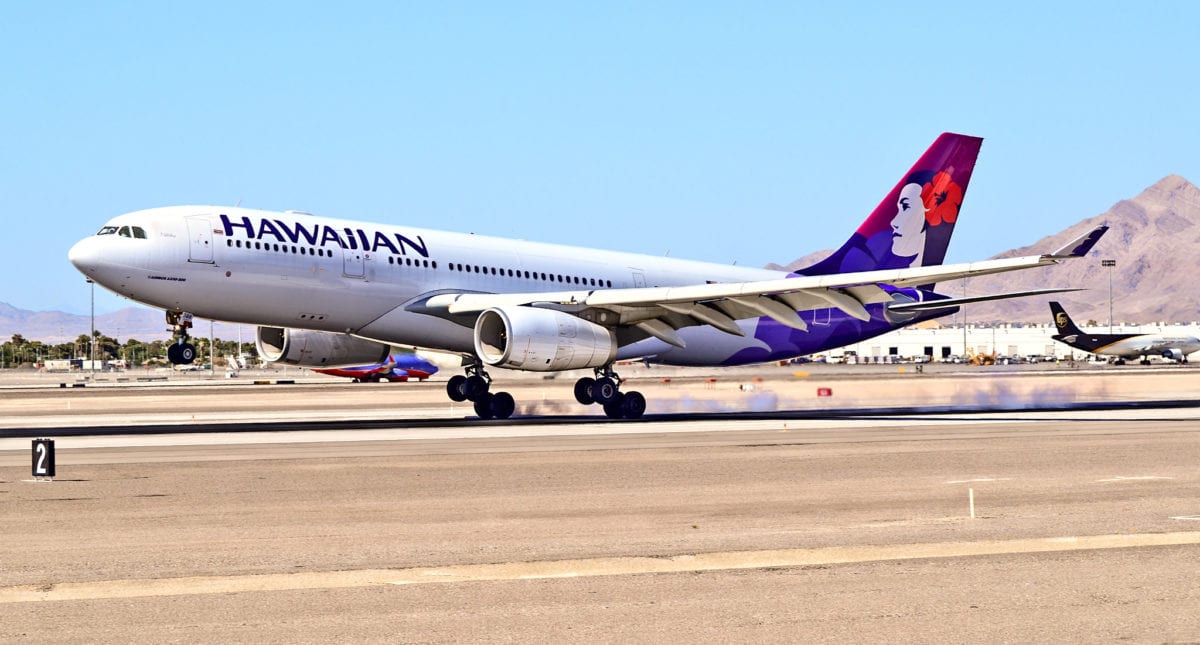
Delta is the Devil in the Sky — they have been for years..Just because they all of a sudden decided to show a lot of their true colors and their disregard to their customers all at once, lets not forget the sugar coated incidents that we should surface/bring to light of how they’ve lied consistently to the consumer audience by telling them that they’re NOT going to change mileage redemption rates and requirements of the SkyMiles program, only to silently overnight turn their back and devalue it greatly time and time again. They gouge the US population like no other and disregard any negativity that may be presented to them but placing a smile on it by saying oh here’s some free internet or sure we’ll give you snacks and cookies on our flights and other bullshit tactics to cover up the bigger picture of how they don’t care and want you to just spend all of your money buying an airline ticket versus spending it elsewhere and making you think that it’s worth it by brainwashing the American traveling public and deceiving them but by placing those stickers on their planes saying that they are one of the top 25 companies to work for according to Forbes.. It’s all a fabrication and so are the beliefs that the public holds of Delta executive management thinking that they care and respect the consumer …….This should be a CLEAR WAKE UP that all in all Delta could fucking care less, oh, and EAT SHIT too on top of that. That smile is just Delta’s way of giving us the middle finger– an act they have been doing for years!
In closing, its also significant to surface that all of this is also a misconception that the consumer audience also created and why it IS important that when the airline does something wrong, the traveling community should not dismiss it and not care.. such as if Delta charges you for bags when they shouldn’t have, most people would just say ah fuck it.. maybe they shouldn’t have because that sent the wrong message for all of us now dealing with something of greater significance.. Perhaps all of those lazy asses that said they didn’t want to deal with it should have.. or when Delta is running late and we have to mis-connect, yet we bought a first class ticket and are a revenue first class passenger, and given this last minute mishap Delta doesn’t have any first class seats at last minute because of all the fucking upgrades, they expect us to take a seat down the back, and then when applying for a refund for the difference in fare you get a whopping $20 and aren’t expected to question it….maybe you should have….. or when you’re a revenued first class passenger and your flight is running behind schedule and are going to mis-connect so they put you on another flight but it doesn’t have first class available and you find yourself 99th on the upgrade list.. ,,,,maybe you should question why you are on the upgrade list as you shouldn’t be on any fucking upgrade list because you’re a REVENUE first class passenger — you have paid to sit there, not to be on the upgrade list behind EVERYONE else— perhaps you should have thought about questioning that procedure as well…….. maybe you will from here on out…….That is some SERIOUS food for thought going forward.
As a Amex Reserve Card holder and a Platinum Medallion holder with Delta, I don’t think it’s all that bad for me personally. At the end of 2023 I plan to do a mileage run to Alaska and back to ensure I maintain that Platinum status for 2024. I also have a spring break vacation planned for 2024 to Cancun that I booked through Delta Vacations. That vacation alone will put me 2/3 of the way to Platinum status for 2025. All I will need to do is spend roughly $50,000 on my Reserve card and I’ll be locked in. And since I want to make it to Hawaii for 2025 I’ll be saving my sky-miles for that trip and will book through Adela Vacations again, which will most likely keep me at the same level for 2026.
As far as the lounges go, I don’t mind what Delta is doing, the numbers should be lower and waiting in line sucks. At most I use Sky Lounges 4-5 times per year so. Plus this may cause Amex to consider opening more Centurion Lounges as an alternative!
I got sick of American for the same reasons and switched to Chase Sapphire so I can book flights on any airline I want to use.
I am one of those people who used to pay more to fly Delta and the lounges was definitely an added bonus when i flew. These changes were definitely a gut punch. Delta surely lost my loyalty for sure. I mean yes Delta has great service but their airplanes are fairly old compared to other carrier so why would I now pay more to fly delta if not only do i get a older plane, i can no longer access the lounges? so from now on if i can fly someone else…I won’t hesitate.
I already cancelled one trip in Oct on DL that I paid just under $800 for in C+. I rebooked on AA in MCE for just under $500 for the same trip. No more just booking DL for the “benefits” that they are taking away. My Reserve card is gone after the renewal in Jan.
Still wondering what to do about our AX Platinum card since the lounge access was a primary benefit and is now being greatly impacted since I mainly used it for SkyClub access. I can get 3X MR on airfare using my Gold or Green card so not sure that the $700 AF and $195 for my wife as AU is worth it any longer.
As Ed Bastian said we did too much at one time. All of these changes are coming so why bother with “loyalty” to DL. I also blame Amex for allowing these change which will result in many like me either cancelling or downgrading these cards and greatly reducing spend on them.
I have been considering down grading my AMX Platinum the last three years and one of the main reasons for keeping it was because of the Sky Club. I am finally done and will not renew my card and it feels good. I called AMX and was told they have more services coming to replace the limited use of the Sky Club but she could not share that information yet. I fly enough to exceed the Sky Club permitted visits and not enough to make status. I will book with the airline that offers the best deal, I am done with airline/credit card loyalty.
Delta…”Fool me once, shame on you. Fool me twice, shame on me”.
Although I am still searching for delta flights first, I am now more open to other airlines. Case in point, flying AA one way and delta on return.
I say let’s hope for the best, knowing that it is inevitable that Delta will do what’s best for them and not the average Joe.
Maybe they took a page from Air Canada. You can only gain status by flying and spending on AC flights. You generate Aeroplan points by your card spending and those points do not come cheap. You purchase flights with Aeroplan points on the market value of the flight. You cannot upgrade flights with Aeroplan points. You need eCredits. They are earned only on the basis of status and the amount of flying you do. Access to Maple Leaf Lounge comes with the most expensive Aeroplan credit cards or very high status earned through many flights. Platinum Amex will not get you in the front door. It will get you in the crowded Plaza Premium lounges. Nobody gets into the lovely Signsture Lounge without a paid Business Class seat, not a points upgrade or purchase with Aeroplan points. We are a captive market in Canada. At least you have some choice in the US
This became Delta’s “Bud Light” public relations NIGHTMARE!
I don’t see how the changes are that much worse. To get the lowest Silver status you had to fly 25,000 miles. Assuming 1666 miles per round trip means you needed to take around 15 round trips on Delta per year! That is a lot of flying! How much would that cost? If your average cost is $300/ticket then that is around $4500 MQDs. That would be enough for Silver under current rules. However under the new rules you need to have $6000 MQDs, meaning you need another $1500 MQDs on Delta expenses or $15,000 on Delta Reserve Card.
Delta is truly rewarding spending on the card and not flying Delta. In the above example the person flying 25,000 miles would not earn Silver under new rules, but someone else spending $60,000 on Delta Reserve and flying 0 miles on Delta would get Silver status!
I know calculations are much simpler, but there needs to be more connection to miles flown with earning status. Maybe instead of MQMs and MQDs they should have it miles flown OR dollars spent would earn you status. Of course the whole point of the change is to make it harder to reach status!
Greed. This nails it. I mostly left AA because of Loyalty Points, but their increasing spends to maintain EP we’re getting silly, because despite being in the air as much as I was (and with two of us maintaining EP) it was almost impossible to use perks like SWU’s yet hit the spend.
That despite all those $$’s I was worthless to them (combined with the fact they tried to downgrade me to economy 3x in one year on paid first class tickets) made me say enough was enough.
But I didn’t expect the honeymoon with delta to last. My other two faves – hotels.com and MGM – have destroyed their loyalty programs, too. So instead of maintaining platinum with multiple trips to Vegas and nice suites and shows and food – we have been once in almost two years and stayed at a Hilton property instead.
When loyalty works only one way it’s abuse.
This was a classic mistake of letting accountants decide everything. The only thing accounts see is the spreadsheet. They’re TERRIBLE at estimating the human factory same thing happened at Callaway Golf in the early 2000s. Ely Callaway died, Ron Drapeau, an accountant, became CEO. Morale tanked, sales slumped, layoffs ensued. Accountants are only good for accounting, never for brand loyalty. Look at Bud Light. Once people feel betrayed, getting them back is near impossible.
The best article I’ve seen yet to accurately breakdown Delta’s massive blunder with these extreme changes. You said exactly how I feel, just without expletives. 23 year Skymiles member, Current Gold Medallion, and Reserve AmEx cardholder. I feel incredibly betrayed for my multi-decade loyalty. I’m one of the people who will downgrade to Platinum or Gold unless they reinstate Unlimited Sky Club visits for Reserve.
My emotional connection to the Delta runs deep. My grandfather worked in the commercial airline industry his entire career. Countless M&A’s in recent decades = grandfather being “grandfathered” in to Delta. Now that he has passed on, every time I fly with Delta, it’s a connection to him. Even without that, I genuinely find Delta to be the best US airline from top to bottom. So much so I willingly book Delta even though it guarantees a connection. That’s loyalty you cannot buy.
I live 14+ hour drives from family/close friends and must fly to see them. Every flight is paid out of my own pocket, which makes my anger stronger. I’ve spent well into 6 figures at this point on tickets and card spending to get where I am with them. I make 12-15 flights a year, and use the Sky Club at least 3 times each trip. That’s 36-45 visits each year. 10 visits a year with Reserve doesn’t even get close to my usage rates. While my trips are personal, I’m always working while traveling. The Sky Club makes conducting conference calls or finishing tasks easy and comfortable. Add in the free Wi-fi on the plane, and I get even more work done in the air. While not the end of the world, knowing that’s going to change SUCKS.
I agree with Delta they needed to do something to clear out Sky Clubs and shorten upgrade lists. I couldn’t find a single seat to hop on a video meeting in recent visits, and my last attempt it had a 1 hour wait just to get in. That’s not good. But they didn’t just rip the band-aid with the changes, they ripped off flesh and blood for most of us.
I actually left American due to their “what have you done lately for me” attitude in their changes. Million plus milers (mind you I am one) said bye bye, and many switched to Delta (I fly out of DFW”.
This now has me looking at price va airline loyalty. Once the Transportation Dept realizes the gate allocation model that the big airlines control force reshuffle, these airlines will be forced into competition on price in once secured locations. I see people are fed up and I think Delta tipped the scale. Buying Delta1 seats and first class at least for my international has me rethinking non IS Carriers for better experience and price. Traveled Delta after American lost my loyalty and last months August and September traveled international to Europe. So to us, taking 5 people it’s cost vs loyalty now as the benefits of loyalty programs seem lacking reward. We will keep our regular Amex Platinum and not be enticed by an airlines program.
I’m only a Gold for 2024 but have definitely been exploring my other options. And there are plenty!
I fly frequently between SAV and Connecticut…BDL, HPN, and LGA. I pay more, and either make a connection or take the train from LGA because of status perks.
But Breeze has nonstop flights between SAV and BDL. Avelo has nonstop flights between SAV and the very convenient HVN. Those cut my travel time in half…or less.
I might as well save time and money if I’m not going to make Gold anymore.
I fly to Korea two or three times a year. Instead of paying more for Delta (because…status) I might as well just book the cheapest airline. I can be just a regular passenger on another carrier just as I would be on Delta.
This is 100% leisure travel. None of it is business. It’s all out of my pocket so since Delta has broken the loyalty trust… 🤷🏻♀️
I am one those pissed off and affected by these changes. I fly 4 days per month cross country for work and several times yearly. That means 50 or so lounge visits. The parsimonious 10 visits per year will be gone the first quarter. I also responded to a recent Delta promotion to upgrade from the platinum to the reserve. Unfortunately they did not ‘upgrade’ me but instead started a new account so now I have both cards. I also spent my 25,000 on AMEX this year and achieved a 10,000 status boost that is no worthless. I got the Reserve card a month before this recent announcement, just about all the advantages I was told I would be getting disappeared. If Delta knew about these changes when I got my card 1 month prior, (and I am sure they did), then they committed a fraudulent act with me. I have contacted AMEX twice now, first about the so called upgrade which was really a new account which they commiserated with me and said it was wrong but nothing could be done after the fact. The second time was about the changes. This time I told them the changes were unacceptable I would be terminating my 20+ year association with them when these changes come into effect. I live in the small market city of Asheville NC and I we are serviced by United, American, Delta, Jet Blue, as well as the hideous Allegiant. So I can get to where I need to go on United or American. I have recently obtained the Barclays AA card, (which is a great deal getting 70,000 miles which they offer occasionally , but always at least 50,000 for only 1 purchase). I do regularly fly the UA and AA despite preferring Delta and they are more than adequate. Delta also needs to understand that the call center is woefully slow. It is FAR slower than either American or United.
I would definitely be calling Amex back again concerning the “upgraded “ card. I was able to get a prorated refund back on my Delta Platinum card (although I did call within 2-3 days of being charged).
Your current Delta status should be good thru Feb. 1, 2025. And, the 10 Sky Club visits do not take effect until 2025…so you are good for unlimited visits thru all of 2024.
Also, if you are fly across county 4 times per month plus personal trips, then I would think you are spending at least $15,000 on Delta….that is enough to earn you Platinum status under the new system. If you are spending $20k on Delta then that gets you Diamond. So I am not sure how you are really affected that much under new system.
However, the real kick in the teeth is the restriction of only 10 Delta Lounge visits/year under Delta Reserve card. Since Delta’s on analysis shows the majority are under 10 lounge visits anyway, why put on the restriction? The customer that is hurt and alienated is someone like you. AND, you are the type of customer Delta should be catering too!!!
Great article on the motivations behind the new changes to Delta elite programs and SkyClub access! Anxiously waiting for the next shoe to drop. 🤨
Don’t overlook why those first class seats are full. It’s credit card miles being burned by leisure travelers. All three major airlines are in the credit card business, not the flying business (as I’ve been saying for about two years and you’ve correctly laid out). Every United and American flight now includes a 5 minute pitch for the co-branded card. And the pitches always say the sign up bonus miles are enough for round-trip travel to Hawaii or Brazil or several domestic trips, which is technically true but only when no one wants those destinations. Meanwhile, the mileage requirements have become punitive. Frequent flyer miles are depreciating assets and the deflationary downward spiral in value is as bad as Delta’s status abuse. The system is corrupt.
The companion ticket blackouts make the platinum card almost unnecessary. My wife and I may both go back to gold. The card spending waiver got us up to silver each year, now there’s no way we spend $6K on each card, so one or both will go back to gold. But i’m captive in a DTW hub so I really have no choices other than cutting back the card and then moving my card spending to a different card next year. So Amex is going to lose over 25K in spending just on me.
yup – same here!
You totally missed the part about booking hotels and rental cars through Delta website which meant you are using a third party travel agency aka Expedia. Now to get MQD status you lose the ability to maintain your status with Marriott, Hilton or IGH and don’t forget National and Avis. Plus if you have a problem with the reservation the hotel for example tells you to contact to call Delta but they didn’t book your hotel, and Delta tells you to call Expedia but they just made the reservation and they tell you to call the hotel. A horrible do-loop with no one being accountable. Delta totally blew this simplified way to earn status.
The largest takeaway I got from all this including the backtracking is that Delta is absolutely determined to make these – and worse – changes. Notice that they in no way whatsoever said that they were sorry or wrong? Which means they’ll do these as quickly as feasible. That means that sticking with Delta is simply a delayed form of loyalty suicide, the equivalent of shuffling deck chairs on the Titanic. Unless you’re a hub captive, break free. I did and am vastly happier for it.
Regarding the Amex-Delta partnership, maybe I’ve been reading too much VFFW but Delta is by far the senior partner in their relationship and pretty much makes all the calls. I’m sure that American Express screamed bloody murder when these changes were announced and were proven correct by a large number of card cancellations, which in turn convinced Delta to slow down the self-inflicted damage. Delta is never afraid to use massively hardball tactics with any party that doesn’t do things their way, whether credit card buddy or partner airline. Remember their partnership with Alaska where they basically wanted Alaska to become a subsidiary? Alaska said no and they’re still at war. Or the same with Korean, except Korean knuckled under.
This all leads me to the conclusions that Delta is utterly ruthless, is greedy because they want premium income but don’t want to build the infrastructure (more premium seats, more and bigger lounges) to accommodate premium customers, and feels contempt for engaged loyalty members. I’d love to think the backlash here has taught them that loyalty actually requires giving people things sometimes but that’s a lesson they’re not interested in learning.
Very well said! Loyalty is a two way street!
Excellent article and analysis. This is what happens when executives blindly listen to airline marketing teams who think they know better than anyone else in an airline. Years of loyalty and faith destroyed, and the minimizing of customer concerns by executives only made things worse. There should be an exodus of mid-level marketers from Delta coming soon. And United and AA corporate staff will be watching this closely. Delta’s arrogance got rewarded harshly